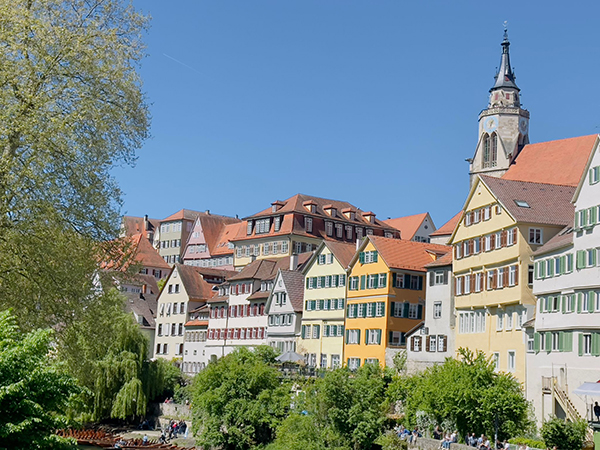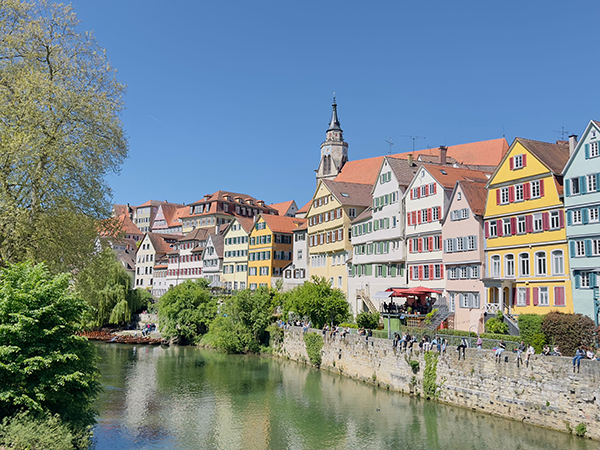In the crisis regions of the world, terrorists repeatedly perpetrate bomb attacks on military or civilian targets. In October 2020, for example, 18 people died in the Afghan capital Kabul, and almost 60 were injured, according to the Ministry of the Interior. Among the dead or injured are journalists, as reported by the organization “Reporters without Borders”. Afghanistan, the organization wrote on its homepage, “is one of the most dangerous countries worldwide for journalists”. “Reporters Without Borders” also expressed concern “that in the course of international peace efforts, fundamental freedoms such as freedom of the press are being neglected”. Women are particularly endangered. Therefore, Reporters Without Borders opened a center for the protection of female journalists in Kabul in 2017. So far this year, two journalists and a media worker have been killed in Afghanistan. Afghanistan ranks 122nd out of 180 countries on the press freedom ranking list.
In Syria, media employees experience similar danger. Journalists there receive intimidation from “all parties in the civil war” and threats of violence. Dozens of media workers “disappeared in the prisons of the Assad regime”, according to “Reporters without Borders”. Dozens more fled from the government troops to avoid arrest. So far this year, three journalists have been killed in Syria, and 14 media workers and as many bloggers and citizen journalists have been arrested. Syria ranks 174th out of 180 in the ranking of press freedom.
Women journalists in Iraq are “attacked, arrested or intimidated by government militias in all parts of the country”, reports “Reporters Without Borders”. Anyone researching corruption, for example, must expect threats. Murders of journalists go unpunished. If authorities even carry out an investigation, it often leads “to no result”. So far this year, four journalists and two media workers have been killed in Iraq. The country ranks 162nd out of 180 on the list of press freedom.
According to “Reporters Without Borders”, Nigeria hosts over 100 independent newspapers, but “it is difficult for them to report on politics, terrorism or abuse of power”. Among other things, they are “threatened by government officials or the police, sometimes violently attacked or prevented from accessing information”. The most serious attacks often originated from the powerful regional governors. In 2018, a regional governor ordered the partial destruction of buildings home to a regional broadcaster. The station had criticized his administration in several reports. So far this year, two journalists have been killed in Nigeria. The country is ranked 115th out of 180 in the press freedom ranking.
tun111001
Impressionen zum Leben in Zeiten der Corona-Pandemie: Foto: tünews INTERNATIONAL; Mostafa Elyasian.



